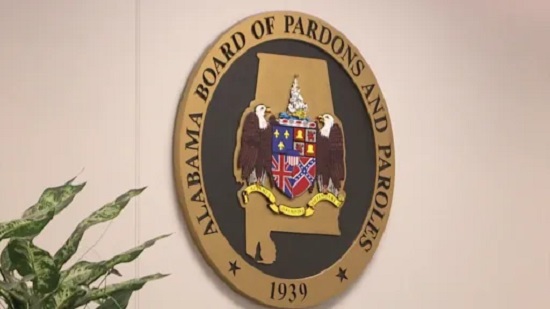Dothan, ALABAMA — The Alabama Bureau of Pardons and Paroles has recently unveiled a revised set of guidelines that govern parole decisions, but the changes do not necessarily make it easier for inmates to obtain early release.
The parole scoring system, which operates much like a baseline metric, uses a numerical scale to assess an inmate’s suitability for parole. Scores ranging from 0 to 7 indicate that an inmate may be recommended for parole, while scores of 8 or higher typically suggest denial.
This scoring mechanism is broken down into six key categories:
-
Severity of the offense of conviction
-
Actuarial risk assessments
-
Institutional behavior during incarceration
-
Participation in risk-reducing programming and treatment
-
Progress in reentry preparation
-
Input from stakeholders and the community
The Board emphasizes that while the Baseline Parole Guideline Total Score provides a consistent framework for reviewing cases, it is not the sole factor in decision-making. “The Alabama Board of Pardons and Paroles considers relevant offender information when making parole decisions, including static and dynamic risk factors, individual factors, and stakeholder input, while applying professional judgment in each case,” a spokesperson said.
The guidelines, last revised in 2020, are intended to ensure fairness and uniformity in parole hearings, but critics argue that the high threshold for parole approval may limit opportunities for some inmates seeking a fresh start.
As the system stands, the Baseline Score acts as a gatekeeper; a high score, much like a high score in golf, is undesirable and can significantly reduce the likelihood of parole being granted.
The Bureau continues to balance public safety concerns with the goal of rehabilitation, but the new guidelines suggest that not all inmates will find it easier to navigate the path toward freedom.









